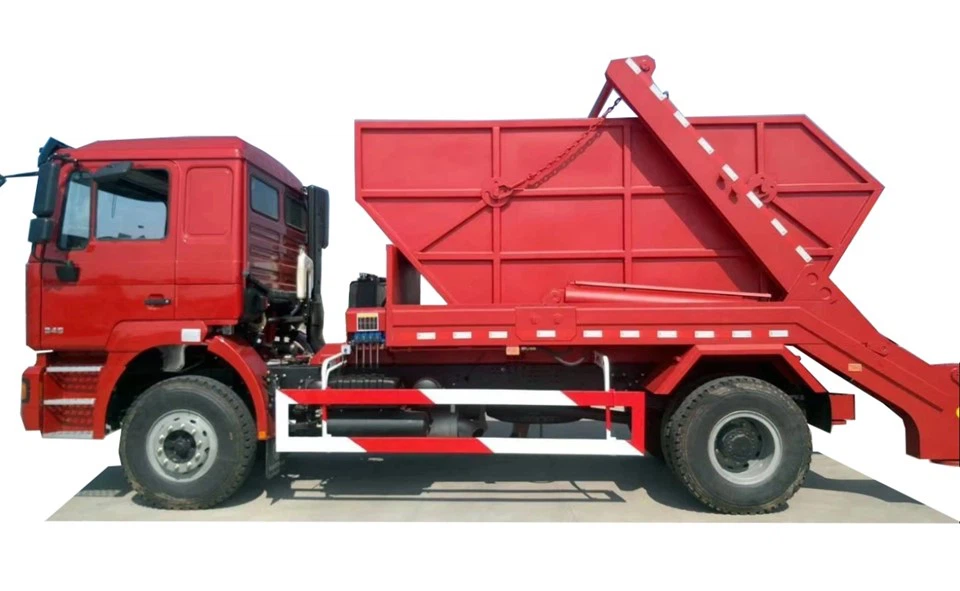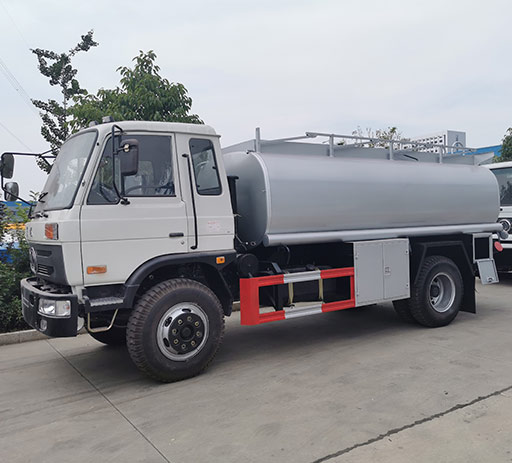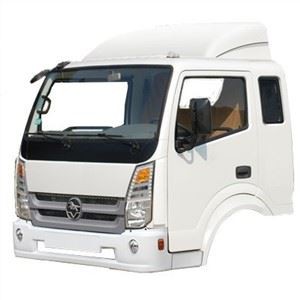Exploring Class C RV Manufacturers: Your Complete Guide

Introduction
If you are considering hitting the open road in a recreational vehicle (RV), Class C RVs are an excellent choice. Combining the spaciousness of a larger motorhome with the driveability of a van, Class C RVs are suitable for families and solo travelers alike. However, with so many manufacturers on the market, choosing the right one can be daunting. This comprehensive guide will explore the leading Class C RV manufacturers, providing insights into their unique offerings, strengths, and weaknesses. Whether you’re a seasoned RVer or a first-time buyer, this article will help you navigate the world of Class C RVs.
What is a Class C RV?
A Class C RV is a motorhome that is built on a truck or van chassis. They feature a distinctive over-cab sleeping area, which provides additional space for passengers and allows for more living area compared to Class B motorhomes. Typically ranging from 20 to 35 feet in length, Class C RVs offer a balance between livability and maneuverability, making them a popular choice among RV enthusiasts.
Advantages of Class C RVs
1. Space and Comfort
Class C RVs generally provide more room and amenities than Class B RVs, including larger kitchen areas, bathrooms, and sleeping accommodations.
2. Driveability
Compared to Class A RVs, Class C models are easier to drive and park, making them ideal for first-time RV owners.
3. Affordability
Class C RVs are typically less expensive than Class A RVs, providing a more budget-friendly option for those new to RVing.

4. Versatility

They are designed for a variety of camping styles, from luxurious trips to basic camping adventures, accommodating different types of travelers.
Top Class C RV Manufacturers
1. Winnebago Industries
Winnebago is one of the most recognized names in the RV industry. Their Class C models, like the Winnebago Spirit and Winnebago View, offer a variety of floor plans and features.
Strengths
- High-quality construction
- Innovative design features
- Great customer service and support
Weaknesses
- Higher price point compared to some competitors
- Limited customization options
2. Thor Motor Coach
Thor Motor Coach offers a diverse lineup of Class C RVs, including the Four Winds and Quantum models. Known for their affordability and rich features, these RVs are popular among budget-conscious buyers.
Strengths
- A wide range of floor plans
- Affordability without sacrificing features
- Good resale value
Weaknesses
- Some models may have quality control issues
- Less luxurious compared to competitors
3. Forest River
Forest River, a division of Berkshire Hathaway, offers several popular Class C models like the Sunseeker and Forester. These RVs come equipped with innovative layouts and ample storage space.
Strengths
- Customizable options
- Spacious interiors
- Strong warranty plans
Weaknesses
- Higher weight can affect fuel economy
- Some users report service issues
4. Coachmen RV
Coachmen is renowned for its range of durable and dependable RVs. The Coachmen Leprechaun offers a variety of models catering to different customer needs.
Strengths
- Budget-friendly pricing
- Well-crafted, reliable RVs
Weaknesses
- Less aesthetic appeal compared to some competitors
5. Jayco
Jayco’s Class C offerings, such as the Greyhawk and Redhawk, are famous for their reliability and comfort. They also have a solid reputation for customer satisfaction.
Strengths
- Manufacturer’s 2-year warranty
- Strong focus on customer support
Weaknesses
- Mid-range pricing may not suit all budgets
What to Consider When Choosing a Class C RV
1. Budget
Determine how much you are willing to spend, not just on the purchase price but for insurance, maintenance, and fuel.
2. Size and Floor Plan
Consider the number of occupants and the type of amenities you need. Look for floor plans that suit your travel style and group size.
3. Brand Reputation
Research the manufacturer’s reputation regarding quality, customer service, and warranty support. Always check reviews from fellow RV owners.
4. Warranty and Service
Ensure the manufacturer offers a solid warranty and reliable service options in your area.
5. Features and Amenities
Look for the essential features you’ll need such as kitchen space, sleeping arrangements, bathroom facilities, and entertainment options.
Practical Tips for First-Time Class C RV Buyers
1. Test Drive Before Buying
Always take the RV for a test drive to get a feel for its handling and comfort. Pay attention to visibility and space.

2. Inspect the RV Thoroughly
Check for any signs of wear, water damage, or mechanical issues before making a purchase. If possible, hire a professional inspector.
3. Consider Buying Used
Used Class C RVs can offer significant savings while still providing a wide range of amenities. Be sure to check the history and condition of the vehicle.
4. Use RV Forums and Communities
Engage with online forums and local RV communities. They are excellent resources for advice, tips, and product reviews.
5. Know Your Financing Options
Explore different financing options, including loans, leasing, or renting, to find the best fit for your budget.
Frequently Asked Questions (FAQ)
What is the average price of a Class C RV?
The average price of a new Class C RV typically ranges from $60,000 to $100,000, depending on the manufacturer, model, and features. Used models can be significantly cheaper.
How do I maintain a Class C RV?
Regular maintenance includes checking the engine, changing the oil, inspecting tires, and cleaning the RV. Always follow the manufacturer’s maintenance schedule for optimal performance.
Is it easy to drive a Class C RV?
Yes, Class C RVs are generally easier to drive than larger Class A RVs. Their truck-style chassis offers better visibility and maneuverability, making them suitable for various driving conditions.
Can I customize my Class C RV?
Many manufacturers offer customizable options when purchasing a new Class C RV, from choosing floor plans to selecting interior finishes and appliances.
What types of camping can I do with a Class C RV?
Class C RVs are versatile and suitable for various types of camping, including campgrounds with hookups, dispersed camping, and even tailgating events.
How long do Class C RVs last?
With proper maintenance, a Class C RV can last 10 to 20 years on average. Many factors, such as usage frequency and environmental exposure, can influence durability.
